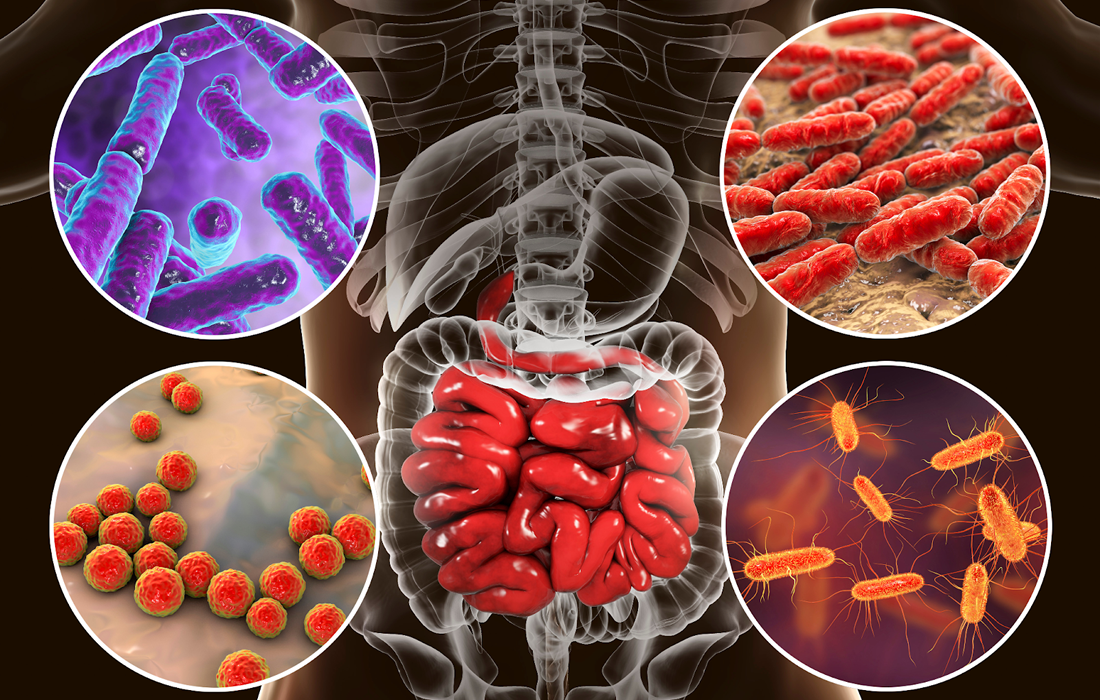Regenerative Medicine News and General Information
Fasting Could Promote Health Through Modulation of Gut Microbiota
The gut microbiota plays multiple roles in our immunological, nutritional, and metabolic functions, such as sustaining gut homeostasis for the host, fermentation of indigestible dietary fibers, and production of essential amino acids and vitamins (like vitamin K).
Different environmental and genetic factors have an influence on the gut microbiota, and changes in the state of gut microbiota have been associated with multiple health conditions such as diabetes, obesity, cancer, and metabolic syndrome.
Interventions like diets, eating habits, or supplements could restore or promote healthy microbiota and can be considered as one of the promising approaches for the prevention and treatment of these growing global health problems.
New Study Findings
A recently published study by Angoorani and colleagues did a systematic review that included 31 studies examining the gut microbiota alteration during fasting.
Most studies have reported the positive effects of fasting diets on modulating intestinal microbiota composition, improving host functions, and slowing disease progression. Current evidence suggests that fasting might be a successful intervention to prevent and manage metabolic disorders with a greater reduction in anthropometric parameters, glycemic indices, and lipid profile compared with standard continuous energy restriction diets.
Fasting diets also decrease inflammation, which are believed to protect against metabolic, neurodegenerative, and age-related diseases. It was demonstrated in animal models that fasting diets can markedly reduce systemic inflammation.
Upon fasting, several beneficial bacteria including Lactobacillus and Bifidobacterium shifted significantly in abundance. Lactobacillus and Bifidobacterium are documented as useful strains for human health in lots of clinical trials on the adult population.
Fasting can influence the microbial community by preventing the production of antimicrobial proteins and other aspects of mucosal immune function in the host.
Studies have found a multifaceted relationship between microbiota and meal timing. Intestinal epithelial cells have an internal circadian clock that influences glucocorticoid production. Also, alterations in microbiota could lead to a disrupted corticosteroid circadian rhythm influencing food uptake, and consuming food outside of the normal feeding phase may cause disturbances in normal peripheral and central clocks resulting in an increased risk of metabolic and cardiovascular diseases.
The most common modification is eating for 8 h, followed by fasting for the next 16 h. Religious fasting is another example, which is a wide range of fasts undertaken for religious or spiritual purposes.
During Ramadan, millions of Muslims undertake one month of fasting in observance of this religious obligation and abstain from food and liquids during daylight hours from dawn to sunset. Several health benefits have been attributed to Ramadan fasting as a prevalent type of intermittent fasting.
The evidence supported the association of Ramadan fasting with improving health parameters and slowing disease progression through positive changes in gut microbiota including upregulation of A. muciniphila, B. fragilis, Bacteroides, and butyric acid-producing Lachnospiraceae.
Source:
Angoorani, P., Ejtahed, HS., Hasani-Ranjbar, S. et al. Gut microbiota modulation as a possible mediating mechanism for fasting-induced alleviation of metabolic complications: a systematic review. Nutr Metab (Lond) 18, 105 (2021). https://doi.org/10.1186/s12986-021-00635-3
Image from:
https://www.gutxy.com/blog/intermittent-fasting-for-your-guts-sake/

